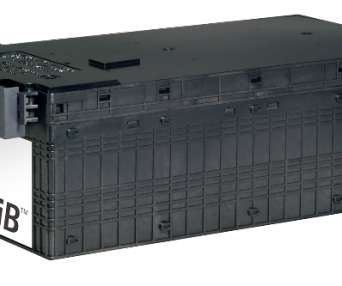Toshiba’s SCiB Li-ion battery system Japan’s first recognized compliant with ClassNK guidline for marine vessels
Green Car Congress
APRIL 4, 2020
The certification covers twelve storage battery system components, including SCiB lithium-ion rechargeable battery modules, current sensors, and the battery management unit (BMU) which monitors the voltage, temperature, and current of the battery module.











Let's personalize your content